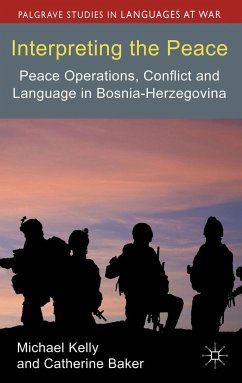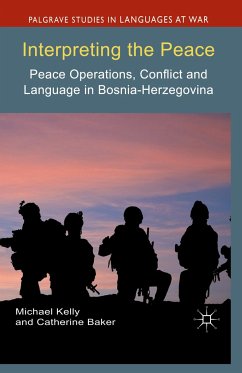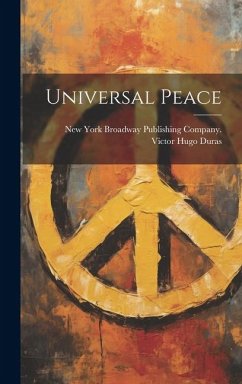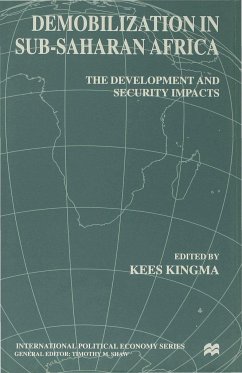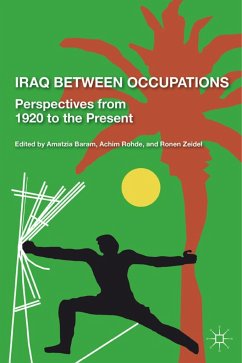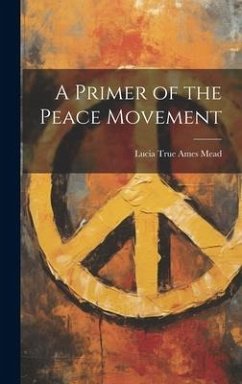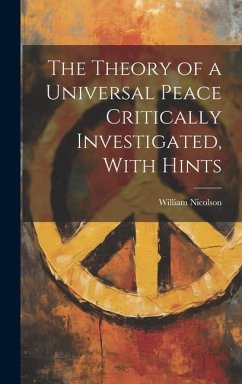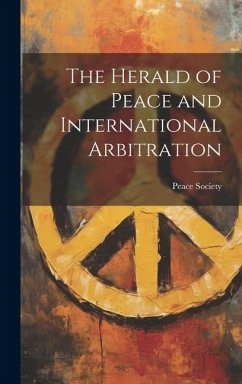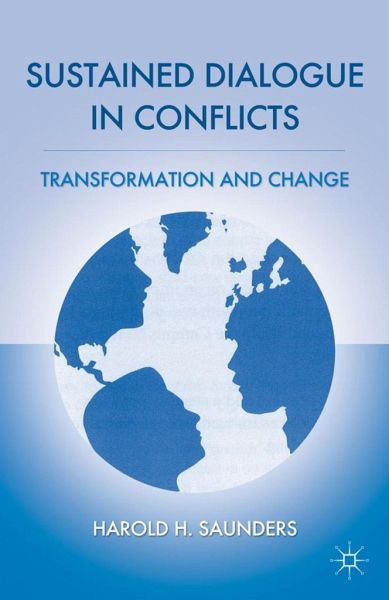
Versandkostenfrei!
Versandfertig in 6-10 Tagen
Weitere Ausgaben:

PAYBACK Punkte
34 °P sammeln!





Citizens in our deeply, angrily divided world desperately need peaceful and productive ways of relating to each other. Rooted in four decades of intense experience in deep-seated human conflicts, Saunders presents a peaceful way of transforming destructive relationships and designing change.
HAROLD H. SAUNDERS Director of International Affairs at the Kettering Foundation and Chairman and President of the International Institute for Sustained Dialogue.
Produktdetails
- Verlag: Palgrave Macmillan / Palgrave Macmillan US / Springer Palgrave Macmillan
- Artikelnr. des Verlages: 978-0-230-33980-4
- 2011 edition
- Seitenzahl: 297
- Erscheinungstermin: 15. Dezember 2011
- Englisch
- Abmessung: 236mm x 157mm x 23mm
- Gewicht: 477g
- ISBN-13: 9780230339804
- ISBN-10: 0230339808
- Artikelnr.: 33723071
Herstellerkennzeichnung
Libri GmbH
Europaallee 1
36244 Bad Hersfeld
gpsr@libri.de
"As a skilled and outstanding diplomat, Harold H. Saunders knows how to identify problems, and more importantly, how to solve them. In Sustained Dialogue in Conflicts, Saunders has done both. His book defines the deeply divided American culture that threatens the way our democratic politics operate. And it provides a diplomatic guide to a more civil way of resolving political differences so that our country can remain the very best in the world." - James A. Baker, III, former US Secretary of the Treasury and Secretary of State"Saunders, a leading American political thinker, has an impressive background at the Department of State and then rich experience in the Dartmouth Conference, the longest Soviet/Russian-American informal dialogue.
Mehr anzeigen
Together we chaired the Task Force on Regional Conflicts in the 1980's. That experiment offered a unique opportunity for candid exchange of views and discussion of scenarios for conflict resolution when that could not be achieved at the government level. Even during the Cold War, Hal and I could find common approaches towards détente in the Middle East, which unfortunately were not realized. Although some episodes in his book can be interpreted differently, I recommend it to all who seek a better understanding of the uneasy history of Russian-American interactions in areas such as the Arab-Israeli conflict." - Evgeny Primakov, former foreign minister and prime minister of Russia"Harold H. Saunders is the master of sustained dialogue, andthis book is a gem in exploring how this challenging and promising modality is currently understood. Many engage in dialogue, but not all of them are able to describe it and theorize it as this book does. Sustained dialogue is now a movement. It is experimented with and practiced in many settings. This will provide further guidance and insights. Hopefully many will keep learning from these very encouraging beginnings." - Andrea Bartoli, director, School for Conflict Analysis and Resolution, George Mason University"This work is the culmination of decades of experience and reflection. Harold H. Saunders and his colleagues trace the process of inductive conceptualization that has produced a significant model of practice for the field of conflict resolution and for humankind. A variety of initiatives in sustained dialogue are described, analyzed, and evaluated, using personal experience and almost verbatim reporting, to produce a rich and thoughtful picture of an unofficial political process that has the potential to transform dysfunctional and destructive relationships between enemies into constructive collaborations between partners. No other work in interactive conflict resolution provides such a detailed and comprehensive account of face-to-face dialogue and problem solving upon which a theory of relationship change has been constructed in a continuously developing fashion. The collection of cases covered in this authentic account allows us to fully appreciate the implementation and applicability of sustained dialogue and encourages us to meet the challenge of its continuing development and dissemination in a world that sorely needs such innovative thinking and practice." - Ronald Fisher, director of International Peace and Conflict Resolution, American University
Schließen
Für dieses Produkt wurde noch keine Bewertung abgegeben. Wir würden uns sehr freuen, wenn du die erste Bewertung schreibst!
Eine Bewertung schreiben
Eine Bewertung schreiben
Andere Kunden interessierten sich für




